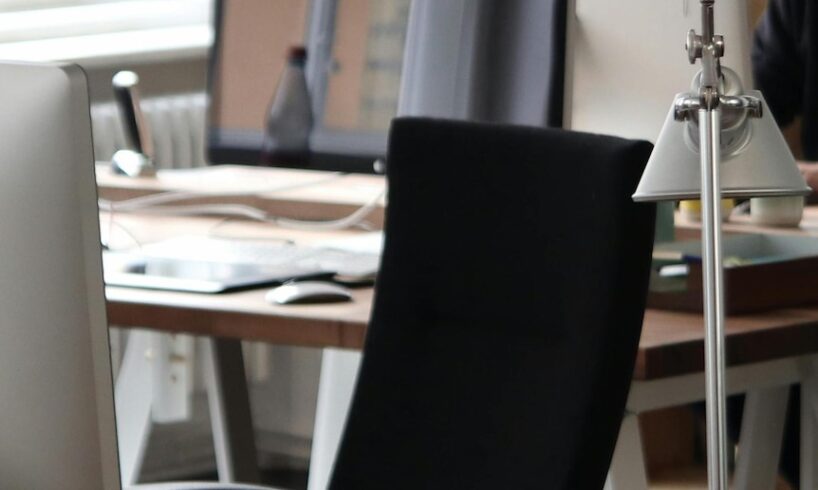
A four-day work week boosts performance, reduces burnout, and improves the physical and mental health of employees — as long as there’s no change in income.
These are the findings from new peer-reviewed research published in Nature Human Behaviour, where researchers monitored the effects of a four-day work week for six months.
About 2,896 employees across 141 organisations in Australia, Canada, New Zealand, the United States, Ireland and the United Kingdom took part.
They answered surveys before and after the trial.
Their answers were then compared with 285 employees from 12 companies who worked a normal five-day week.
Researchers highlighted that during the trial, the average weekly working hours were reduced by about five hours. (Unsplash: Israel Andrade)
The report authors said their study highlighted the benefits of a four-day work week, but conceded it had limitations.
Those included that companies self-selected to participate, which led to a sample with mostly smaller companies from English-speaking countries.
Despite that, they said the study has implications for how we envisage the future of work, and four-day work weeks were a key component of that future.
“Scientific advances from this work will inform the development of interventions promoting better organisation of paid work and worker well-being,” the report read.
“This task has become increasingly important with the rapid expansion of new digital, automation, and artificial general intelligence technologies.”
Australians work longer hours
Associate Professor Libby Sander, who researches the future of work, said four-day work week pilots were often about finding how people in organisations spend their time.
In Australia, for example, people are working in record numbers for increasingly longer hours, contributing to a productivity slump, according to the Productivity Commission.
Working longer hours is killing productivity, report warns
But while employees are investing more time into work, businesses are not investing more into technologies that could offset the problem.
“Some of the things that they look at to reduce is how many meetings are we having,” Dr Sander, from Bond University, said.
“They could have been an email, they could have been done some other way or they don’t need the number of people that are in those meetings.”
During the trial, the average weekly working hours were reduced by about five hours.
Those who reduced their work week by eight or more hours self-reported feeling less burnout and improved mental health and job satisfaction compared to those working their normal week.
Loading…
In the past decade, mental health claims by Australian workers aged between 30 and 40 have increased.
“We know when people are really stressed and burnt out and not sleeping well, productivity doesn’t just continue upwards,” Dr Sander said.
“When you work longer and longer hours, it falls off a cliff pretty dramatically.”
Less focus on hours, more on outcomes
The federal government’s productivity round table next month is expected to explore new technologies such as AI.
Productivity and tax strategy cannot ignore the impact of AI and robots
For University of Technology Sydney’s Dr Rowena Ditzell, it is an opportunity to reframe work from a focus on hours to outcomes.
She said it was about breaking that traditional work paradigm and changing what it means to be an ideal worker.
“The ideal worker is defined as that person who is regarded as work is their number one priority and they signal their devotion to work by their visible presence,” Dr Ditzell said.
“Ideas like the four day week are really challenging because … you don’t have to necessarily be in the office or be working five days a week. If you can deliver your outcomes more efficiently.”Loading…
The scale of change that new technologies, such as AI, will have on the future of work could be as significant as the industrial revolution, according to Professor Toby Walsh, who is the Chief Scientist at University of New South Wales AI Institute.
But more importantly for Professor Walsh were the measures introduced to create systems that improved the lives of not only businesses but the workers they employed.
“When we had the industrial revolution, not only did we introduce the weekend as a means of sharing some of the benefits around,” he said.
“We introduced universal education so people were educated for those jobs. We introduced a universal pension system so people could retire at the end of their working lives.
“We’re going through another equally transformative moment where we introduced technologies like AI to further automate significant chunks of work.”
The research in the study was supported by the US National Science Foundation, the Russell Sage Foundation and Boston College Ignite Grant. The Irish trial was supported by Forsa trade union.





